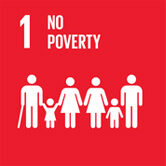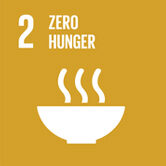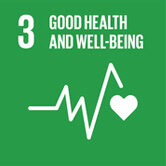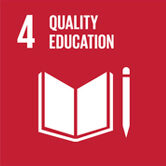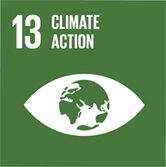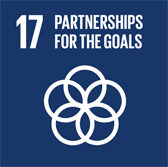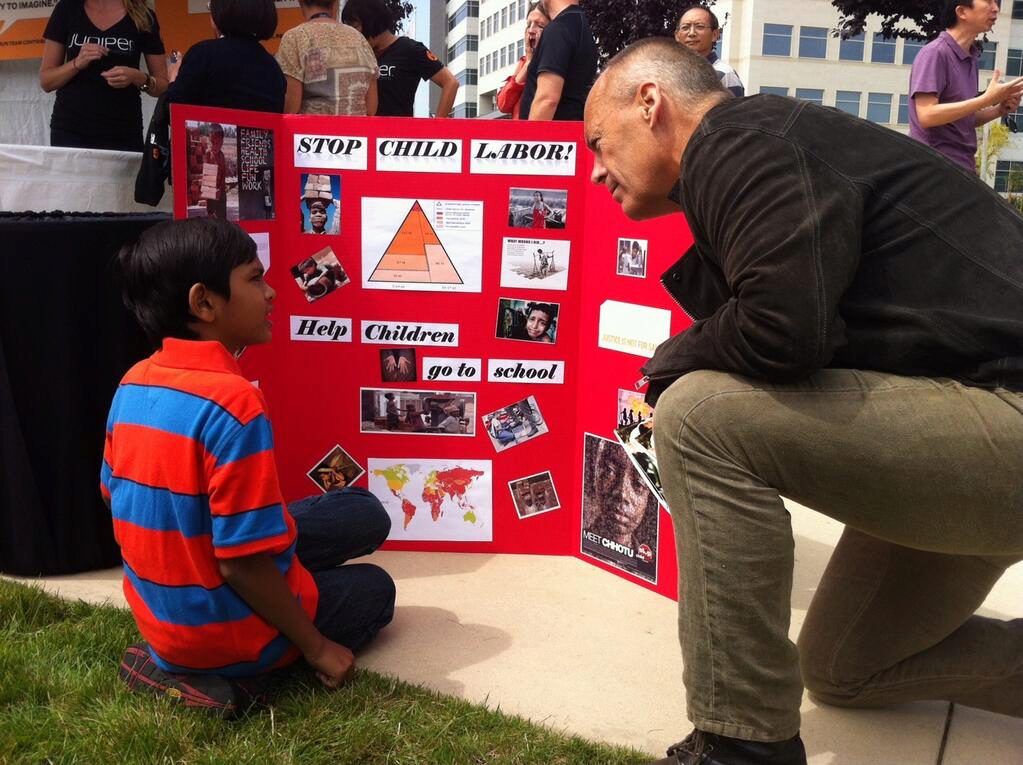
2014 Winner: KickStart International
KickStart International is a non-profit social enterprise with a mission to lift millions of people out of poverty quickly, cost-effectively, and sustainably. In doing so, they aim to fundamentally change the way the world fights poverty. KickStart International sees the untapped entrepreneurial drive in the world’s poorest people and strives to harness this potential for massive change. They work in Africa to find profitable business opportunities open to many thousands of poor people and then design, manufacture, market, and sell simple technologies that unlock these opportunities.

Primary Area of Impact: Poverty Alleviation
Geographic Areas (Continents): Africa
Geographic Areas (Countries): Angola, Burkina Faso, Democratic Republic of the Congo, Ethiopia, Ghana, Kenya, Malawi, Mali, Mozambique, Nigeria, Rwanda, South Sudan, Tanzania, Uganda, Zambia, Zimbabwe
Organizational Type: Non-Profit
Year Founded: 1991
Mission: KickStart International is a non-profit social enterprise with a mission to lift millions of people out of poverty quickly, cost-effectively, and sustainably.
Website: https://kickstart.org/
Providing poor farmers with appropriately designed irrigation technologies is essential to their survival and offers a sustainable path out of poverty for millions of families.
Social Challenge
Over one billion people worldwide live in extreme poverty and many of them are small-scale farmers in sub-Saharan Africa who depend on agriculture for food and livelihood. They live on small, rain-fed, generally low-productivity family farms, many of which generate little income and often produce insufficient food to adequately feed the family. One of the principal reasons is an over-dependence on rain-fed agriculture. Subsistence farmers often only grow 1-2 crop cycles per year during the rainy season compared to 4-5 crop cycles that could be grown throughout the year with irrigation. This imbalance perpetuates the hand-to-mouth cycle of poverty and severely limits the amount farmers can invest in farming inputs for the next rainy season.
Despite the need and potential for irrigation, only 4% of farmland in sub-Saharan Africa is irrigated, compared to 42% in Asia and existing irrigation methods are slow and backbreaking processes. By relying on rain-fed farming, farmers are unable to escape the cycle of poverty. As a result, 25% of sub-Saharan Africans are chronically hungry and one third of children under five are stunted.
UN Sustainable Development Goals (SDGs)
Leadership
A leader in the appropriate design movement, KickStart develops and mass produces high quality irrigation tools that meet the needs of the poorest farmers in Africa. Their affordable and durable tools are sold through a private sector supply chain to ensure sustainability and promote the broader economic development of the markets in which they work. KickStart promotes and mass-markets their unique high-quality, human-powered pumps to farmers, partner companies, and organizations working with farmers in Africa to incorporate the life-changing technologies into their programs. Providing poor farmers with appropriately designed irrigation technologies is essential to their survival and offers a sustainable path out of poverty for millions of families. No other social enterprise has successfully been able to reach this point with their product in sub-Saharanl Africa.
Impact
To measure how KickStart is doing in its mission to lift millions of people out of poverty, defined as being able to meet basic needs and save for the future, it employs an internal impact measurement team. The team measures how much more money farmers are earning with KickStart’s MoneyMaker pumps as well as the direct improvements in their lives 18-24 months after purchase, including food security, improved nutrition, healthcare and children’s education. KickStart estimates that farmers earn an average of $700 more a year using their pumps, enabling 75% of pump owners to rise out of poverty. As of 2020, KickStart estimates that 1.3 million people have been lifted out of poverty. Within 36 months of pump ownership, farmers increase their income on average by nearly 500%, enabling them to, for the first time, adequately feed their family, afford school fees for their children, provide proper healthcare, and save for their future. Farmers also use the pumps to build up their farms to a point where they can hire workers for their farm, strengthening local employment.
Innovation
KickStart’s unique approach uses time-bound donor funds in combination with the power of the private-sector to sell a high-quality, new product at scale to the world’s poorest population that enables them to generate more income and lift themselves out of poverty. The model relies on donor support for an initial period of time to help build demand for MoneyMaker pumps through marketing and sales efforts. At the same time, KickStart optimizes a sustainable private-sector supply chain for distribution of the pumps. As awareness increases, more pumps are sold and the cost-per-sale of each pump decreases over time, which means that fewer donor dollars will be necessary to sustain the model.
KickStart’s Product Innovation team, a group of skilled engineers and technicians, are also working with input from smallholder farmers to develop new cutting-edge technologies to meet current and future needs, such as a submersible solar pump. In Kenya, KickStart’s Innovations Hub is testing new high-impact irrigation products and last-mile innovations that will enable millions of additional farmers to irrigate.
Transferability
KickStart’s market-based model is focused on long-term sustainability and designed to be easily scaled and replicated across Africa to meet this market demand. They advocate to get irrigation onto the agenda of donors, think-tanks and governments. KickStart has widely shared its learnings, including through a HBS case study, publishing articles, a TED talk, sharing with philanthropists, speaking at academic and development forums, hosting stakeholder field trips to see the impacts, and advising and mentoring upcoming social enterprises.
In mid-2015, KickStart developed and launched a new Strategic Plan that is fully based on scaling through partnerships and collaboration to innovate, distribute, and advocate. Instead of KickStart staff meeting farmers, they partner with other organizations, NGOs, UN, government agencies, cooperatives, corporations, and microfinance institutions (MFIs), and have their field staff introduce irrigation to their beneficiary farmers. Leveraging their relationships with farmers significantly reduces the marginal cost of convincing a farmer to irrigate.
Accomplishments
- U.S. Department of State, Secretary’s Innovation Award for the Empowerment of Women, 2012
- Top 100 Best NGOs in the World by The Global Journal, 2012
- CIO Magazine’s Top 100 companies using Information and Communications Technology, 2011
- Forbes Magazine, Impact 30 List (World’s leading social entrepreneurs), 2011
- The Lemelson-MIT Prize for Sustainability, 2008
- Design News Engineer of the Year Award, 2008
- The Peter F. Drucker Award for Non-Profit Innovation, 2008




